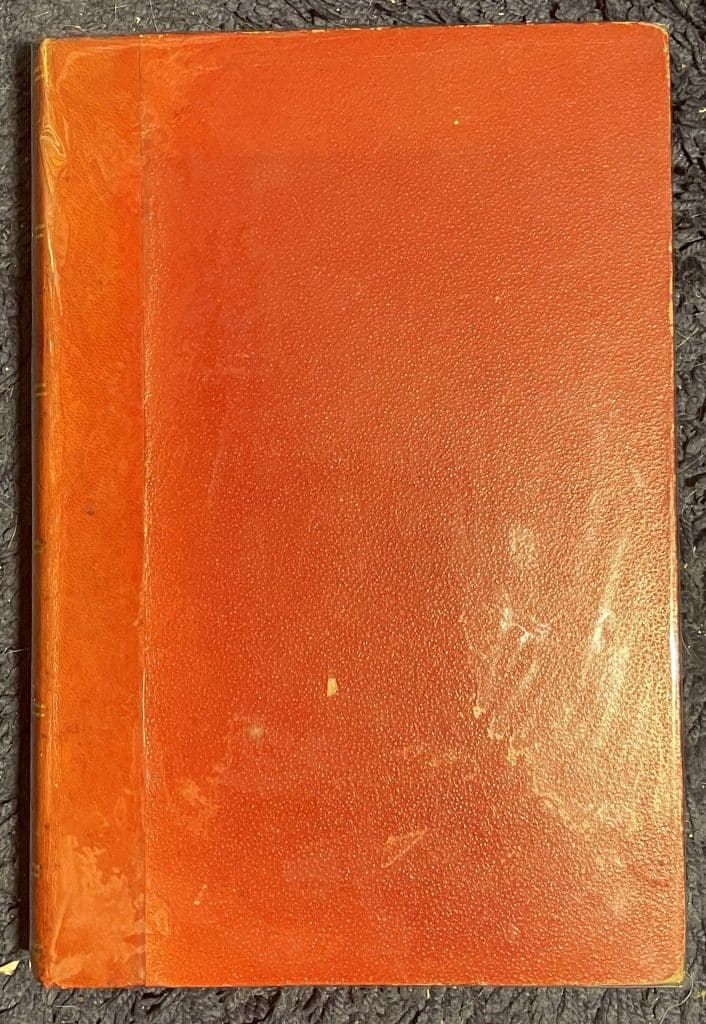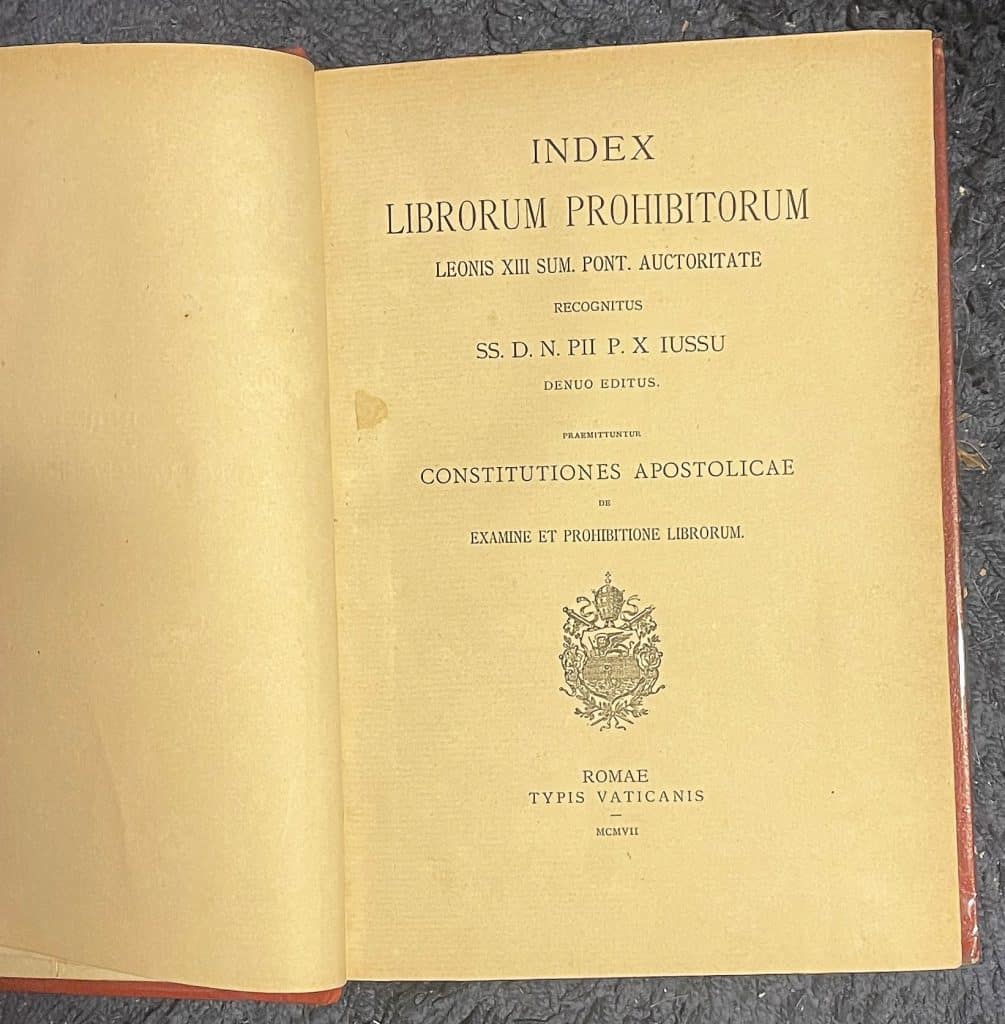Dangerous Books
First, let us state the obvious: many Unixplorians are avid book collectors and have been since they could read. We love the book, not only the texts and illustrations that enable us to travel to distant worlds, real and imagined.
Our love for books also leads us to explore many new collecting areas. One of our latest projects here at Biblioteca Unixploria is to obtain “dangerous books,” considered infamous for one reason or another. Titles that fall into this category are extreme political pamphlets or pseudo-scientific books.
It’s scary and fascinating at the same time when browsing through the pages of a book that you, in retrospect, know were used as a tool to brainwash people to follow a leader whose legacy is now considered anything but flattering.
Adolf Hitler’s Mein Kampf
Millions of copies of Adolf Hitler’s infamous biographical book “Mein Kampf” (‘My Struggle’) were printed. This particular copy was published in 1938 by the official publishing house of the Nazi party in Munich.
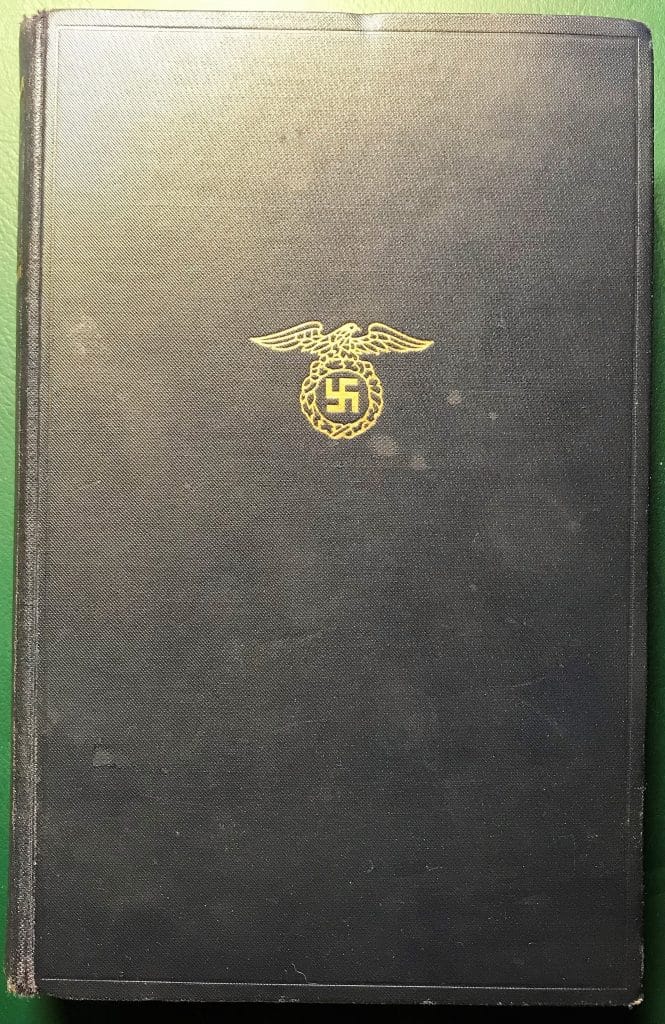
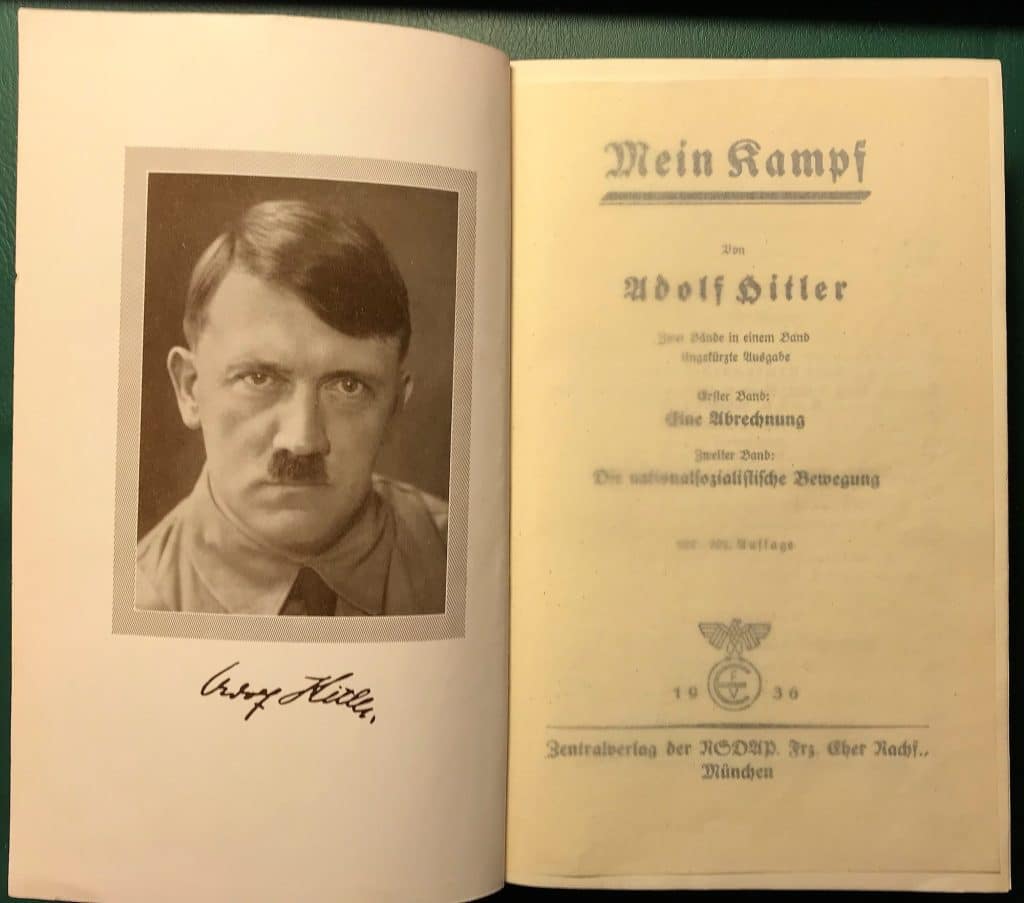
Mao Zedong’s Little Red Book
Mao Zedong, former chairman of the Chinese Communist Party, is, in political terms, the opposite of Hitler, although their methods were similar. Mao formed modern China with the help of propaganda and guns. His famous ‘Little Red Book’ is a collection of quotations by the leader himself. This edition is an original Chinese copy from 1967.
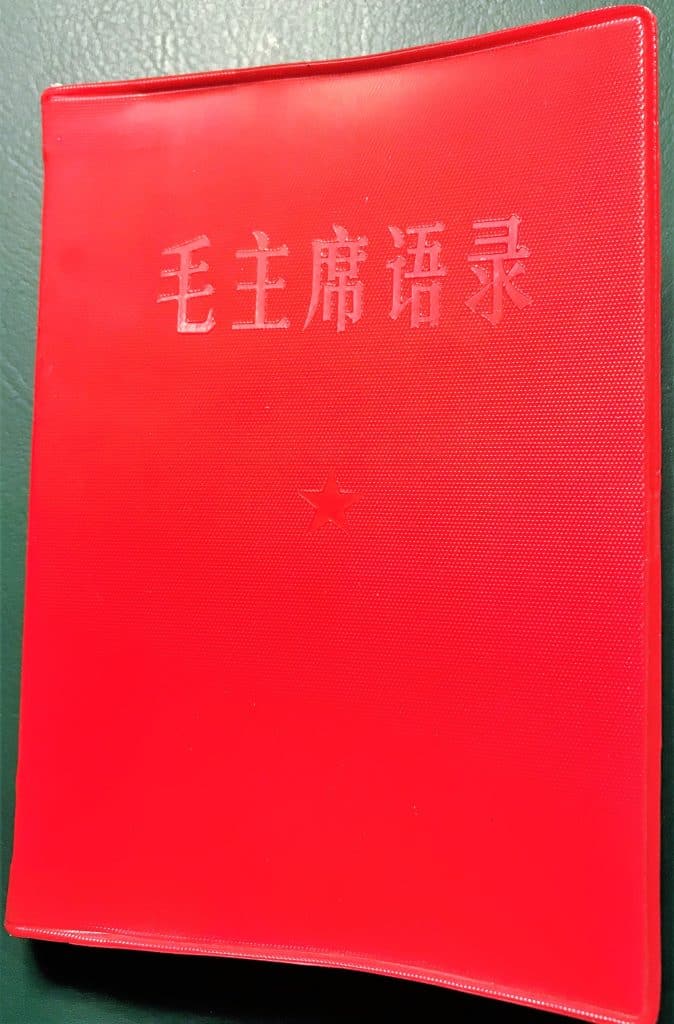
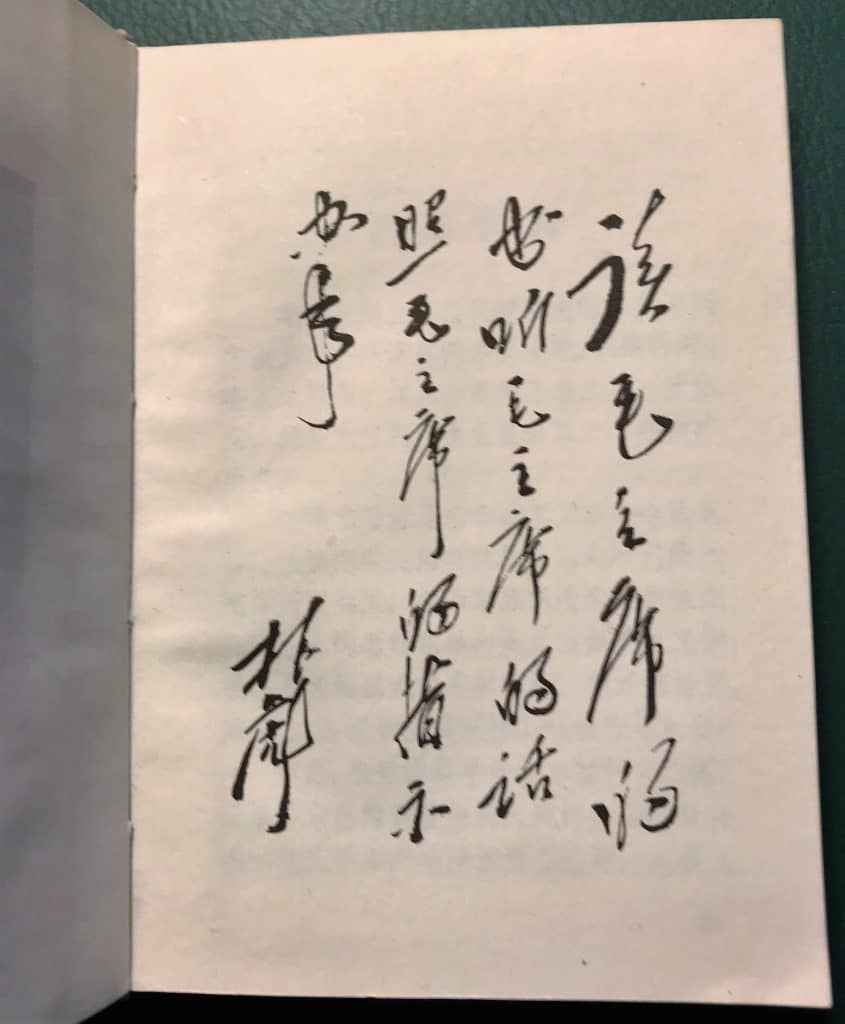
Index Librorum Prohibotorum
Did you know that the Catholic Church maintained a list of prohibited books?
The list was an attempt from the Vatican to discourage people from reading heretic literature, both fictional and non-fictional works. The list is entitled Index Librorum Prohibotorum, and the first edition was issued in 1559. The latest edition of the Index was printed in 1948. Pope Paul VI abolished the Index in 1966.
The Catholic Church has not been the only institution with intentions of censoring – or, even worse, burning – books that they perceived as dangerous for the public to read. Numerous regimes and individuals would like nothing better than to ban free thinking.
